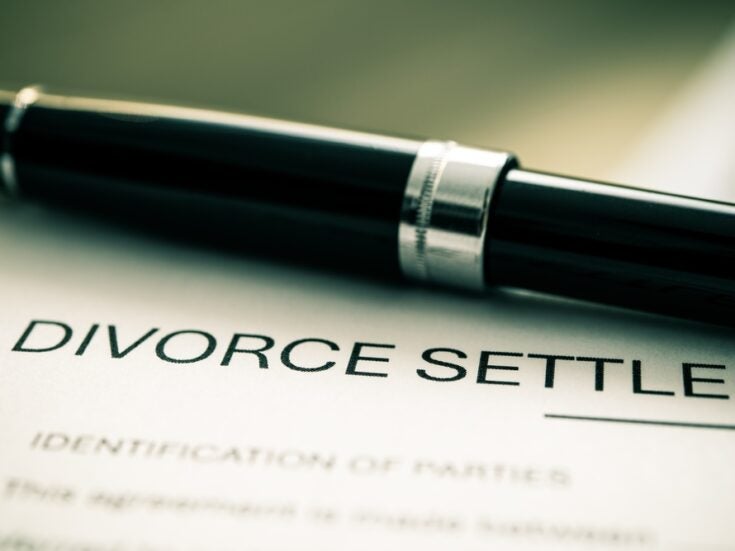The Law Society has issued guidance on incorporating Sharia law into British wills, so what can be included in wills to ensure they are Sharia compliant and tax efficient?
Sharia law places great importance on the duty to write a will – ‘It is the duty of a Muslim who has anything to bequest not to let two nights pass without writing a will about it’ (Sahih al-Bukhari). The Law Society has issued guidance on incorporating Sharia law into British wills, so what can be included in wills to ensure they are Sharia compliant and tax efficient?
Under the Sharia succession rules, the individual making the will (the testator) can leave up to one third of his estate to charity and/or to individuals who are not Sharia heirs. This is not obligatory and one can instead decide to leave his entire estate to his Sharia heirs.
Read more on Sharia law from Spear’s
At least two thirds of the testator’s estate must pass to his Sharia heirs. The Sharia heirs will receive a predetermined proportion of the estate; this proportion will depend on the number and nature of the surviving heirs. Therefore it is not possible to judge who will inherit the testator’s estate during his lifetime; this can only be calculated upon their s death.
There are inheritance tax implications if an individual does want to enter into a Sharia compliant will. The main disadvantage is that the individual will lose the benefit of the transferable allowance, which enables spouses to effectively share the inheritance tax between them. Under the Sharia succession rules the testator is not able to leave his estate solely to his spouse. If he could, then his estate would not only be exempt from inheritance tax on his death, but on his spouse’s death, her estate would benefit from up to two allowances.
Read more on wills from Spear’s
To resolve this, one could leave his estate to his spouse for her lifetime in a life interest trust. The estate would be treated as passing to the spouse for inheritance tax purposes and on the spouse’s death would still benefit from the transferable allowance. On the face of it, this is not Sharia compliant, but the testator could leave a letter of wishes, directing the trustees to distribute the trust capital to his Sharia heirs.
The testator would also need to provide the trustees with the power to appoint trust capital. The letter and the power to appoint would allow the trustees to distribute the trust assets in favour of the testator’s Sharia heirs during the spouse’s lifetime.
The appointment of the trust capital would be viewed as a lifetime gift from the spouse. The spouse would need to survive seven years from the date of the appointment. Otherwise, the gift will be included in her death estate for inheritance tax purposes.
If it is likely that inheritance tax will be payable on one’s estate, there are other options that are Sharia compliant and can also reduce the inheritance tax burden:
1. Gifts to charity are exempt from tax and if one leaves at least 10 per cent of the estate to charity, then he or she would qualify for a reduced rate of inheritance tax at 36 per cent instead of 40 per cent. One could leave a gift to charity from the one third of the estate that is freely disposable.
The clause in the will providing for the gift must be carefully drafted. If specific legacies are left to charity, those assets may change in value and could exceed one third of the testator’s estate at the date of death. If this occurs, then the maximum one third will be given and anything exceeding this will pass into the residue to be distributed among the Sharia heirs.
2. Lifetime gifting can reduce an individual’s estate and (provided that the gift complies with Sharia law) there is no restriction as to the size or recipient of a gift. Again, the donor would need to survive seven years from the date of the gift.
3. If the Sharia heirs are all adults of sound mind, they can agree to vary their entitlement to the estate and provide for a more tax efficient distribution post-death. This variation must take place within two years of the testator’s death and can only be done if the Sharia heirs are all in agreement.
If you want your estate to be distributed in accordance with the Sharia succession rules and are concerned about the tax implications, it is important that you seek legal advice to ensure that your will is both Sharia compliant and tax efficient.
Jacqueline Almond is a partner and Chelsea Martin is a trainee solicitor at IBB Solicitors






